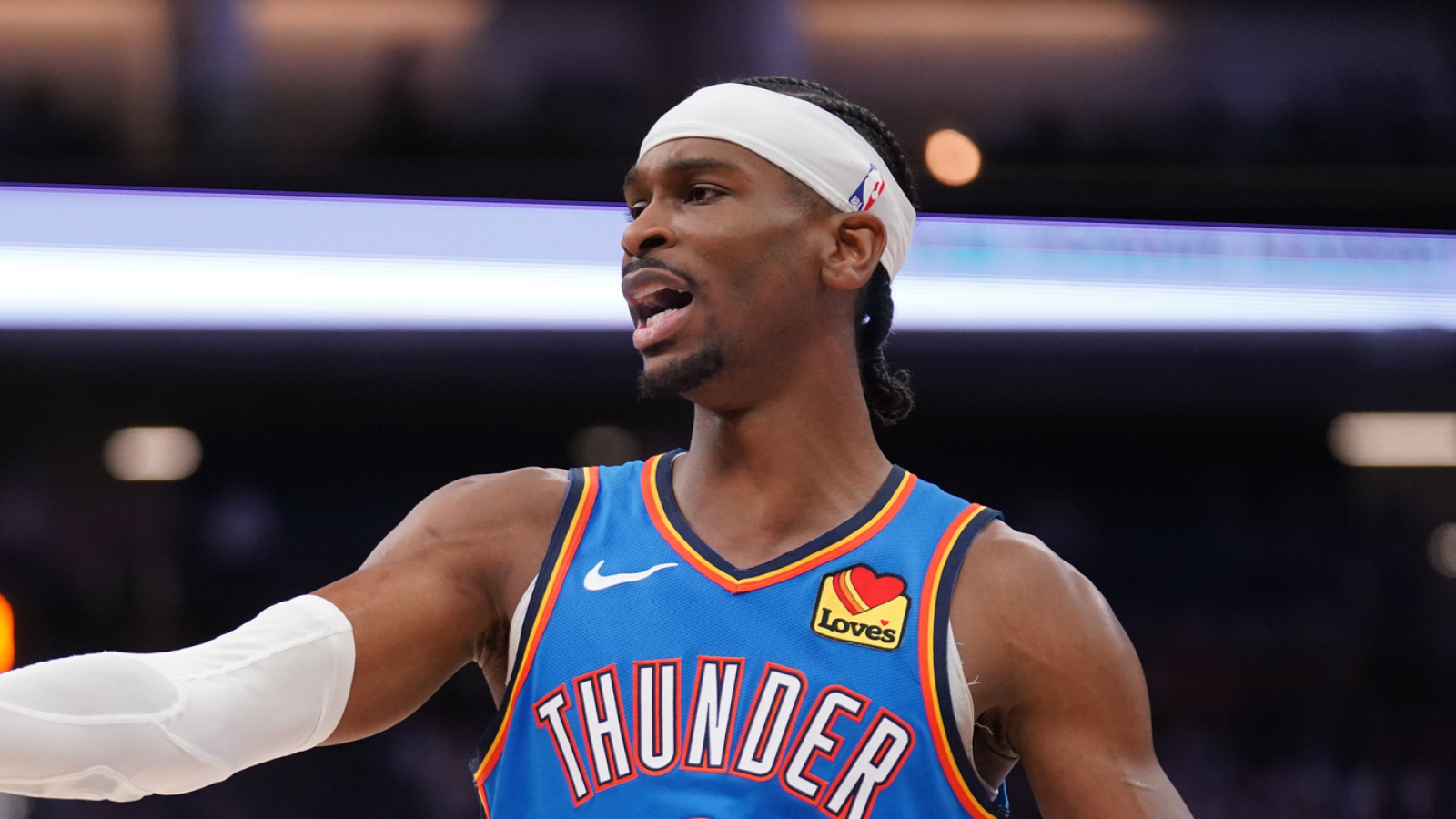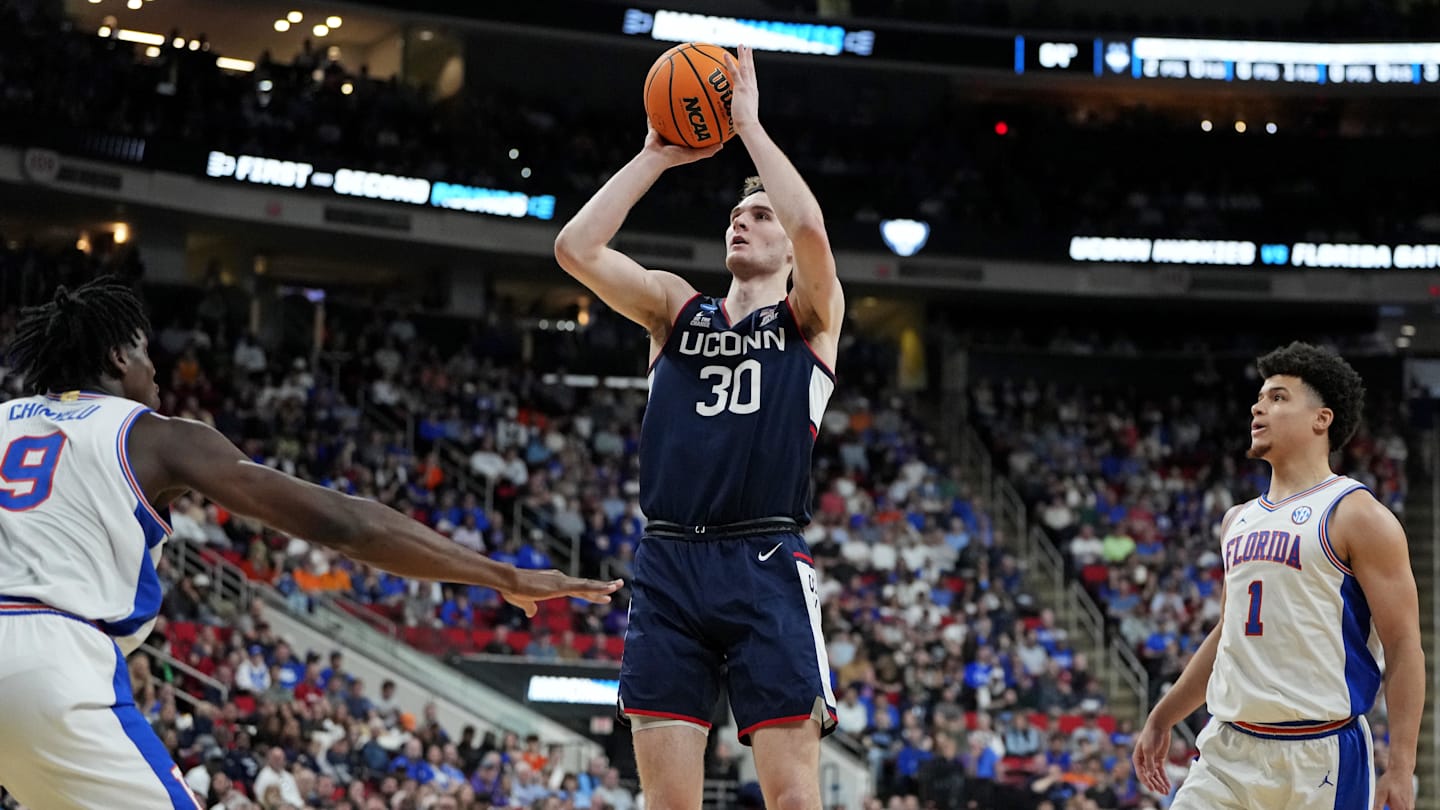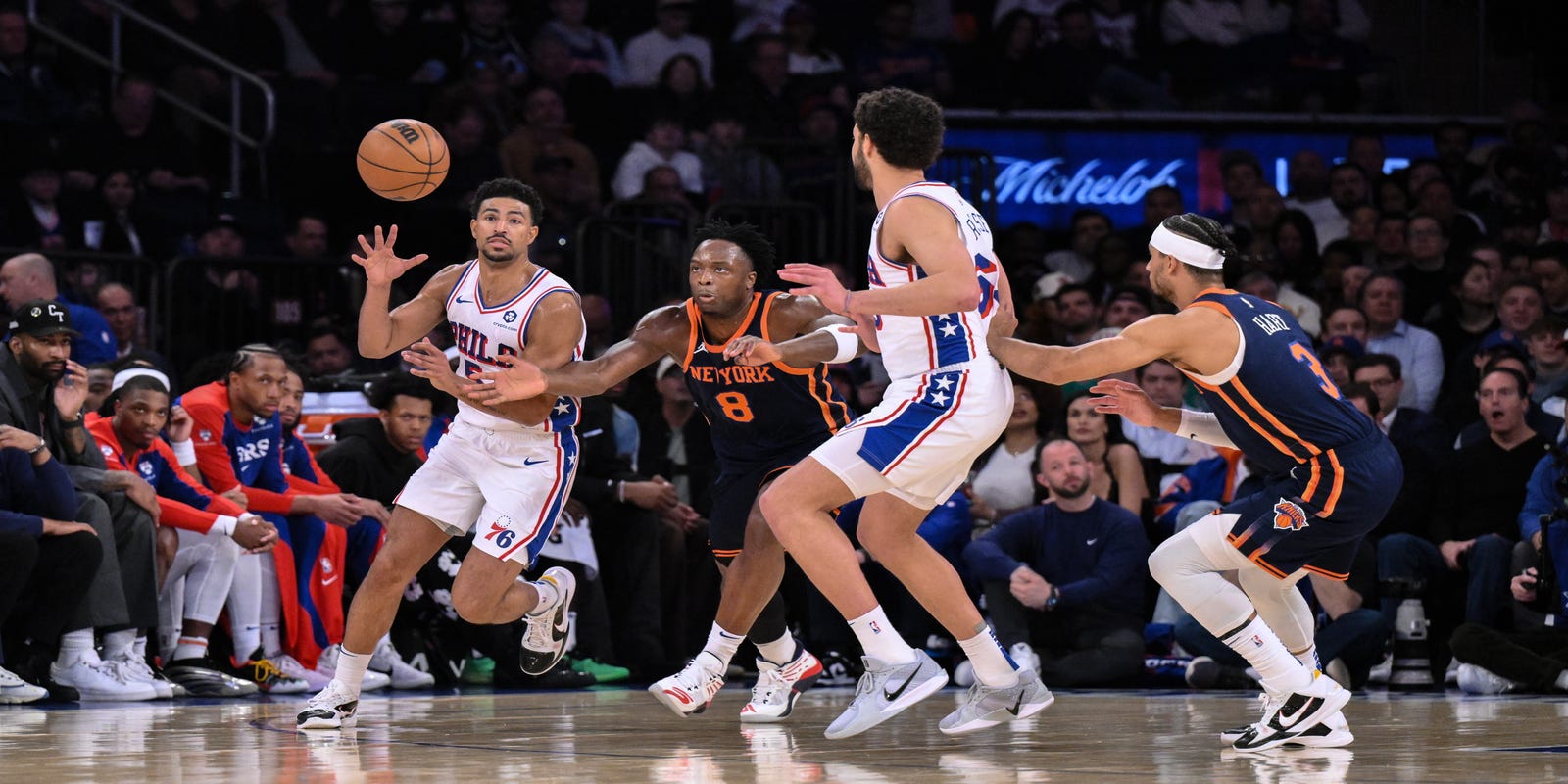
The criteria for the NBA MVP changes every year.
In 2015, Stephen Curry captured the trophy despite finishing ninth in scoring as his Warriors won 67 games. Team success was prioritized. In 2017, Russell Westbrook won from the sixth seed for being the first to average a triple-double in decades. Individual feats were rewarded. In 2022, Nikola Jokic similarly captured the award from the sixth seed since he carried an injury-ravaged Nuggets to 48 wins.
However, there is one specific criterion, which, when met, presents an open-and-shut case. The formula is simple: you lead the league in scoring and win 60 games. Nine players checked off both boxes in the past, and eight won the hardware, including three this century — James Harden (2018), Curry (2016) and Shaquille O’Neal (2000). Only Michael Jordan, in 1997, finished as a runner-up to Karl Malone.
Shai Gilgeous-Alexander (32.8) leads the league in scoring by a distance. He has 2,394 points in 73 games. Anthony Edwards has more than 400 fewer points in second place.
Thunder (64-12) have been so dominant that the gap between them and the second-seeded Rockets (50-27) is greater than the gap between the second and 10th seeds. They also own a three-game lead over the Cavaliers (61-15) for the best record in the league.
If SGA doesn’t win the MVP, a 28-year pattern will be broken. Voters who pick Jokic can’t be chastised. The Serb is set to become the first player ever to finish a season top-three in points, assists, rebounds and steals, and the first center to average a triple-double.
Still, voters must uphold tradition and reward SGA. If not, there will again be questions about inconsistencies in the ever-changing MVP criteria.

